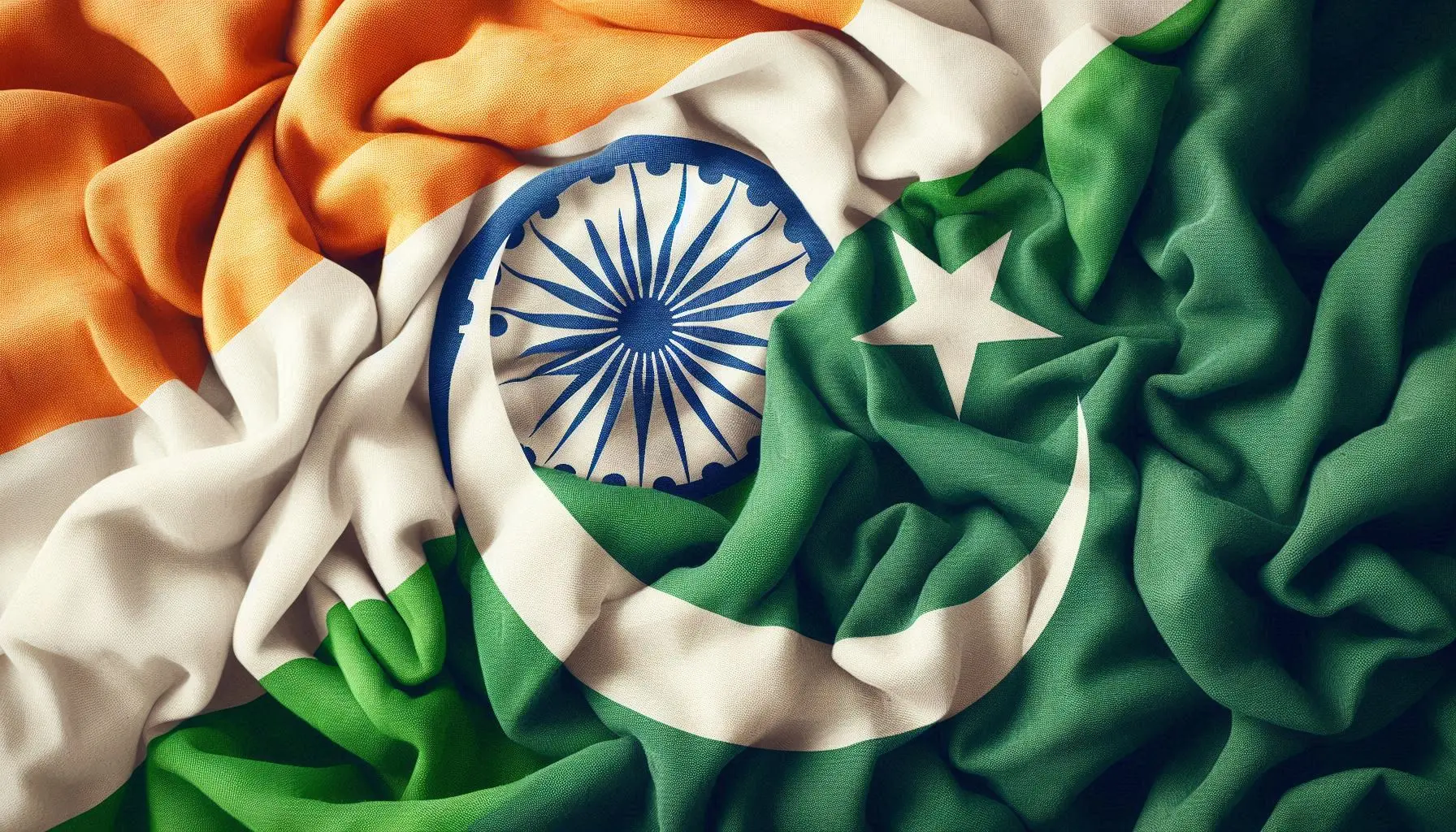Physical Address
W Sunrise St, Bisbee, Arizona 85603
Physical Address
W Sunrise St, Bisbee, Arizona 85603

In recent months, Pakistan has experienced significant disruptions in its internet services, with slowdowns that have sparked widespread speculation and debate. Among the various theories floated by Pakistani media and officials, one of the more contentious claims is that India might be involved in these disruptions.
While this scenario remains theoretical and speculative, it provides an interesting lens through which to explore the complexities of internet infrastructure, national security, and geopolitical tensions.
The internet slowdown in Pakistan has been a persistent issue since early 2024. Users across the country have reported difficulties in accessing online services, with particular problems in sending and receiving messages on platforms like WhatsApp. The slowdown has not only frustrated individual users but has also had severe repercussions for businesses, especially those in the IT sector, which relies heavily on stable and fast internet connections to serve international clients.
According to the Pakistan Telecommunication Authority (PTA), the primary cause of the slowdown has been attributed to a damaged submarine cable, specifically the South East Asia-Middle East-Western Europe 4 (SMW4) cable. This cable is a crucial part of Pakistan’s internet infrastructure, and its damage has significantly impacted the country’s overall internet speeds.
Despite the technical explanation provided by the PTA, rumors and speculations have circulated that the internet slowdown might not be a mere technical issue but could be part of a larger geopolitical maneuver. Some media outlets and officials have suggested that India could be involved in disrupting Pakistan’s internet as a form of cyber warfare or as a means to exert pressure on its neighbor.
The notion of India being responsible stems from the broader context of the ongoing rivalry between the two countries, which has seen conflicts in various domains, including military, diplomatic, and now potentially cyberspace.
Cyber-attacks and espionage are increasingly being recognized as tools of modern warfare, with countries using them to disrupt critical infrastructure and gather intelligence. However, no concrete evidence has been presented to support the claim that India is behind the current internet issues in Pakistan.
Regardless of the cause, the internet slowdown has had profound impacts on Pakistan’s economy and society. The IT sector, which is small yet one of the most dynamic and fast-growing industries in the country, has been particularly hard hit. The Pakistan Software Houses Association (P@SHA) has warned that the ongoing internet issues could cost the economy up to $300 million. This figure includes losses from disrupted business operations, delays in project deliveries, and the potential relocation of businesses to countries with more stable internet services.
The slowdown has also affected ordinary citizens, who rely on the internet for communication, education, and access to information. The situation has led to a growing sense of frustration and discontent among the populace, with some speculating that the government might be intentionally slowing down the internet as part of a broader strategy to control information and suppress dissent.
In response to the growing outcry, the Pakistani government has issued several statements attempting to clarify the situation. Officials have emphasized that the slowdown is a result of technical issues and not intentional throttling by the state. The PTA, for instance, has pointed to the damaged submarine cable and has assured the public that repairs are underway and that normal internet speeds will soon be restored.
However, these assurances have done little to quell the speculations. The Lahore High Court has even stepped in, demanding a more detailed explanation from the government regarding the internet issues. This move indicates the level of concern within the country about the situation and the need for transparency from the authorities.
Another dimension to the internet slowdown is the increased surveillance and security measures being implemented by the Pakistani government. Reports suggest that the government has been boosting its online surveillance capabilities, which may have inadvertently contributed to the internet issues. The Wireless and Internet Service Providers Association of Pakistan (WISPAP) noted that these surveillance efforts have led to a 30-40% drop in internet speeds across the country.
These measures, while aimed at enhancing national security, have raised concerns about their impact on privacy and freedom of expression. The restrictions on Virtual Private Networks (VPNs), which are often used to bypass government censorship, have further complicated the situation, particularly for international businesses and freelancers who rely on secure and uninterrupted internet access.
The theory that India might be involved in disrupting Pakistan’s internet remains speculative, but it highlights the broader challenges facing Pakistan’s digital infrastructure. The ongoing internet slowdown is a complex issue with multiple contributing factors, including technical failures, government surveillance, and possibly even geopolitical tensions.
What is clear, however, is that the current situation has significant implications for Pakistan’s economy, society, and its position in the global digital landscape. Whether the slowdown is resolved through technical fixes, increased transparency, or diplomatic efforts, it will be essential for Pakistan to address these issues to maintain its economic stability and protect the rights of its citizens in the digital age.
As the situation unfolds, it will be important to keep a close watch on both the technical developments and the geopolitical narratives that surround this issue. Only with a clear and transparent approach can the true causes of the slowdown be understood and resolved.